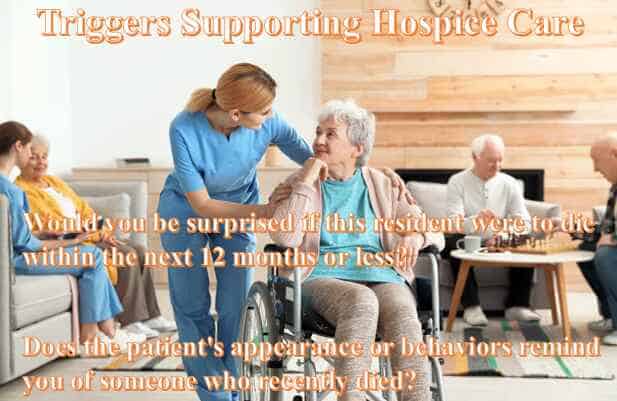
Identifying Patients Who May Benefit from Hospice Care: A Visual Observation Guide for Personal Care Facilities
Identifying when a patient may benefit from hospice care is a critical yet often challenging task. For caregivers, including Certified Nursing Assistants (CNAs) and Medical Technicians (Med Techs), visual observation can be a powerful tool for recognizing signs that suggest a hospice referral might be appropriate.
This guide is tailored to assist caregivers in personal care facilities in identifying these signs through visual observation methods, helping provide compassionate and timely end-of-life care.
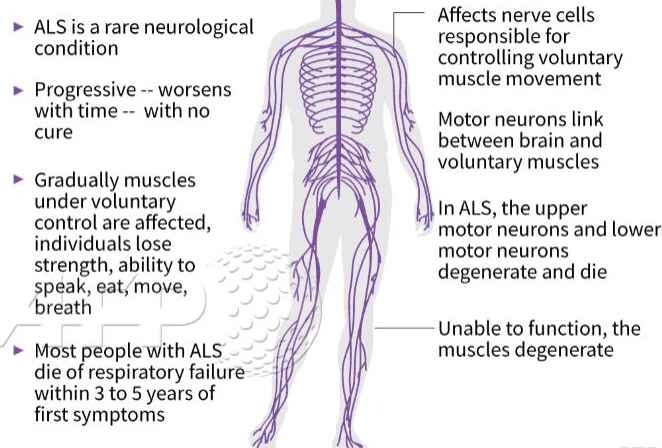
Understanding Amyotrophic Lateral Sclerosis (ALS) and What to Expect: A Guide for Families
Discover the essentials of ALS, from its symptoms and progression to treatment options and support strategies. This comprehensive guide empowers families facing an ALS diagnosis with knowledge and practical advice, helping them navigate the challenges and provide the best care for their loved ones.
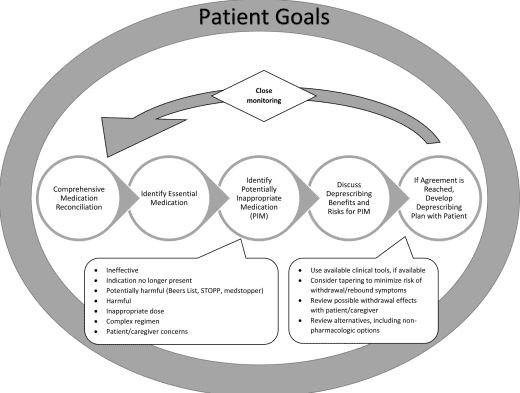
How to Use the START/STOPP Criteria for Medication Reconciliation and Deprescribing in Hospice Care: 10 Case Studies
If you are caring for a terminally ill patient in hospice, you know how challenging it can be to manage their medications. You want to make sure they are getting the best possible care, but you also want to avoid unnecessary or harmful drugs that may worsen their quality of life or cause adverse effects.
That’s where medication reconciliation and deprescribing come in. Medication reconciliation is the process of reviewing and updating the patient’s medication list to ensure accuracy and completeness. Deprescribing is the process of reducing or stopping medications that are no longer needed, effective, or appropriate for the patient’s condition and goals of care.
Helping Your Loved One Transition to Memory Care with Compassion
Memory care admission can be a challenging journey, especially when a family member is grappling with dementia. This transition demands logistical considerations and a deep understanding of the emotional and psychological aspects. As an experienced hospice nurse, I’ve encountered numerous families navigating this path, and here’s a guide to compassionately help your loved one with dementia transition to a memory care unit.

Understanding End-Stage Stroke: A Guide for Families
Receiving news that a loved one has reached the end-stage of a stroke can be overwhelming and emotionally challenging. As an experienced hospice nurse with years of experience, I understand how crucial it is for families to have accurate information about what to expect during this journey. In this article, we will explore the changes that may occur in a loved one with end-stage stroke and how you can best care for them throughout this process.

Repositioning Dementia Patients Who Have Lost Trunk Control: A Guide for Caregivers
If you are a caregiver for someone with dementia who has lost trunk control, you may wonder how you can help them. Repositioning is one way you can help. Repositioning means moving or turning the person to a different position. It can help improve the person’s comfort, skin health, and blood flow. It can also prevent or treat pressure ulcers, contractures, falls, and infections.
In this article, we will share some tips for repositioning dementia patients who have lost trunk control. These tips are based on the latest research and best practices. We hope these tips will help you provide better care for your loved one.

How to Talk to Families About End-of-Life: A Guide for Hospice Nurses
This article provides hospice nurses with practical and evidence-based strategies to discuss end-of-life care with families
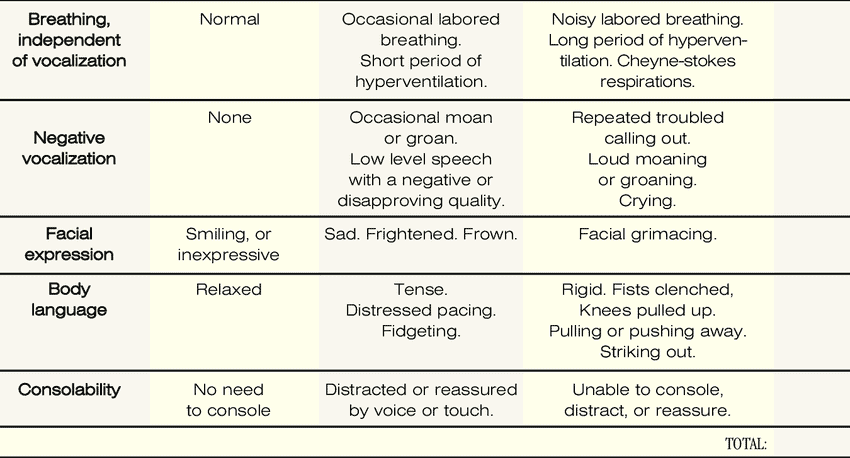
Understanding the Importance of the PAINAD Scale in Pain Assessment for Terminally Ill Patients
The PAINAD scale is a comprehensive tool that assesses and manages pain in older adults with dementia and delirium. It focuses on observable signs of pain rather than patient self-report, making it particularly useful for individuals who cannot communicate their discomfort
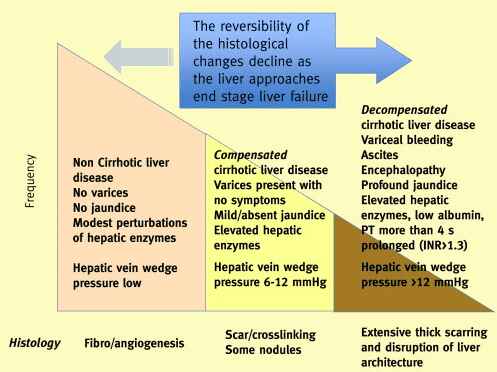
Understanding Liver Disease: A Guide for Families
Having a loved one diagnosed with liver disease can be a challenging and emotional journey for both the patient and their family. As an experienced hospice nurse with years of experience in hospice care, I understand the importance of providing compassionate and informative support during this grim time. In this article, we will explore what to expect over the course of liver disease, the changes that may occur in your loved one, and how to provide the best care from onset until the end of life.
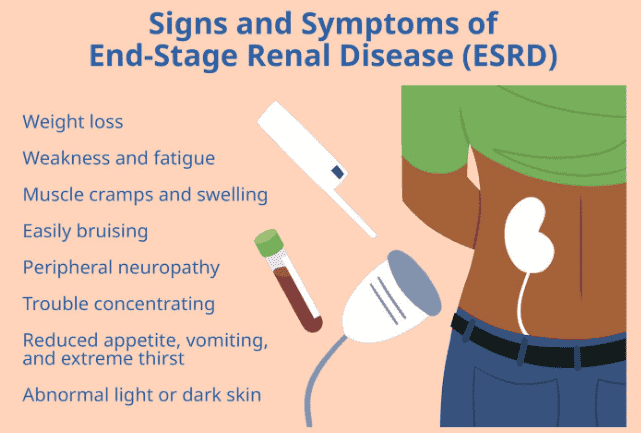
Understanding End Stage Renal Disease and How to Care for Your Loved One
If your loved one has been diagnosed with End Stage Renal Failure, it’s natural to feel overwhelmed and unsure about what to expect during the disease. As an experienced hospice nurse with years of experience, I am here to guide you through this journey with compassion and empathy. In this article, we will cover what end-stage renal Failure is, the changes you may observe in your loved one, and how to provide the best care from onset until the end of life.

Why Saying Goodbye to Your Dying Loved One Matters
Losing a loved one to a terminal illness is an incredibly challenging experience. It’s a journey filled with emotions, uncertainties, and the need for profound empathy. One crucial aspect of this journey is saying goodbye to your dying loved one and permitting them to pass peacefully. In this article, we’ll explore the significance of these acts, which bring comfort to the terminally ill and aid in the grieving process for those left behind. We’ll also share three case studies to illustrate the importance of these actions.
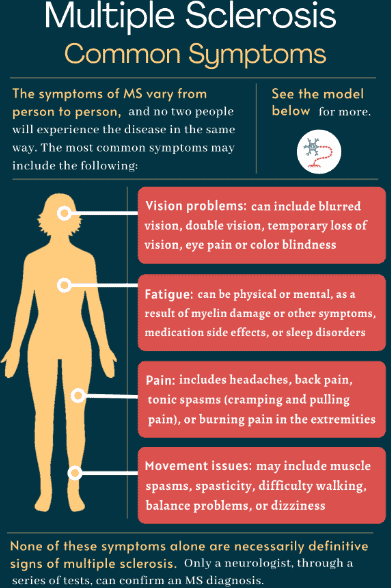
Understanding Multiple Sclerosis (MS) and How to Care for Your Loved One: A Guide for Families
Receiving a diagnosis of Multiple Sclerosis (MS) can be overwhelming for both the patient and their family. As an experienced hospice nurse with years of experience, I am here to provide you with information and support on what to expect over the course of the disease. In this guide, we will discuss the changes your loved one may experience and how you can best care for them from the onset of MS until the end of life.
